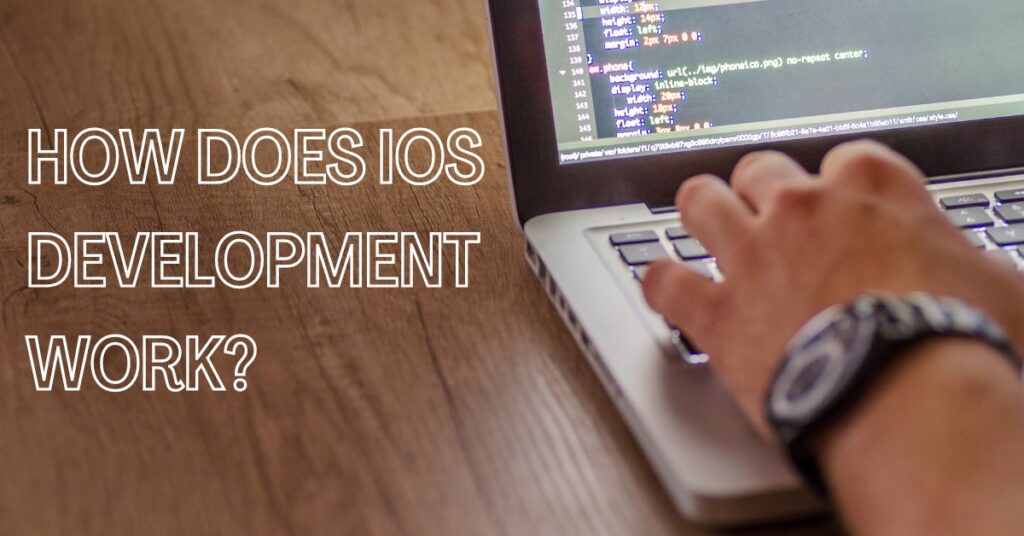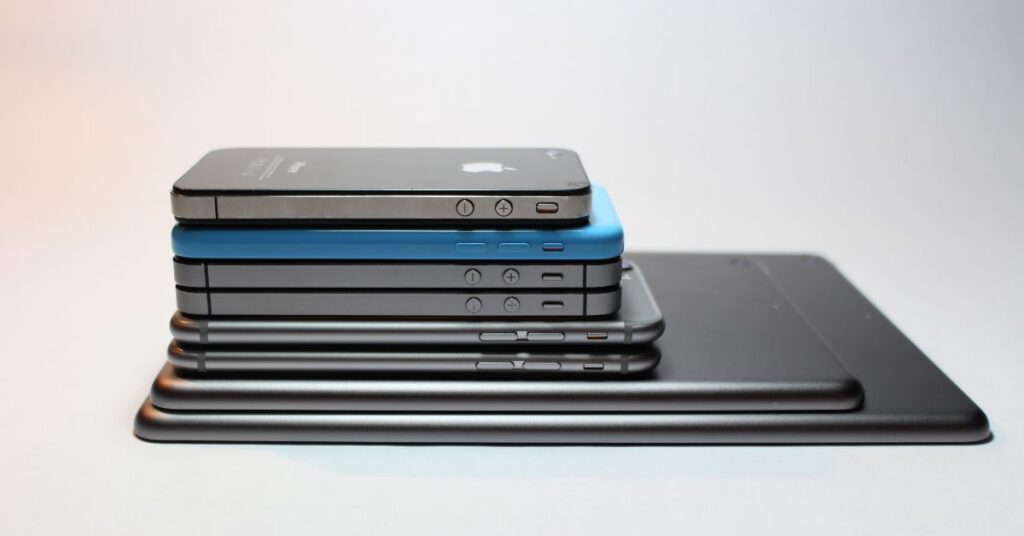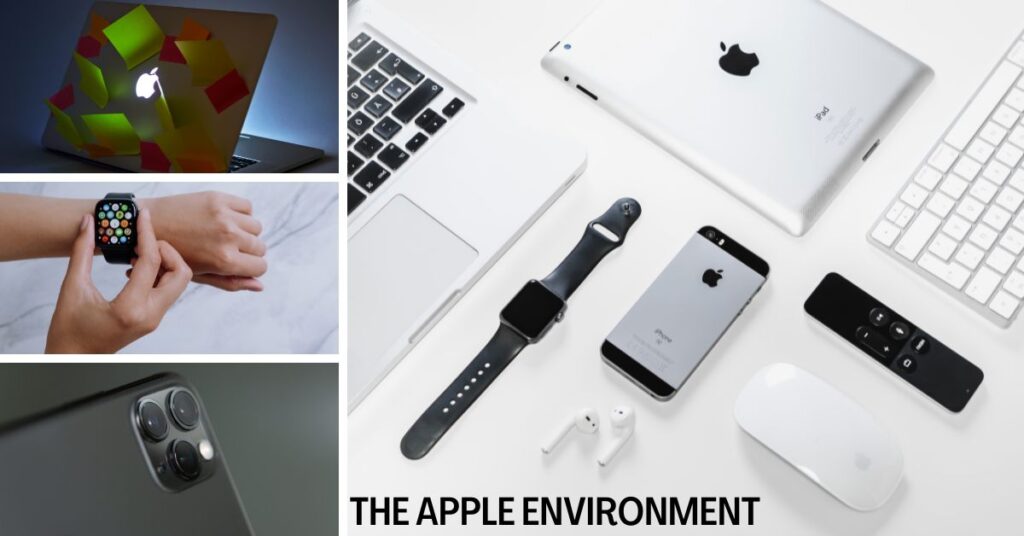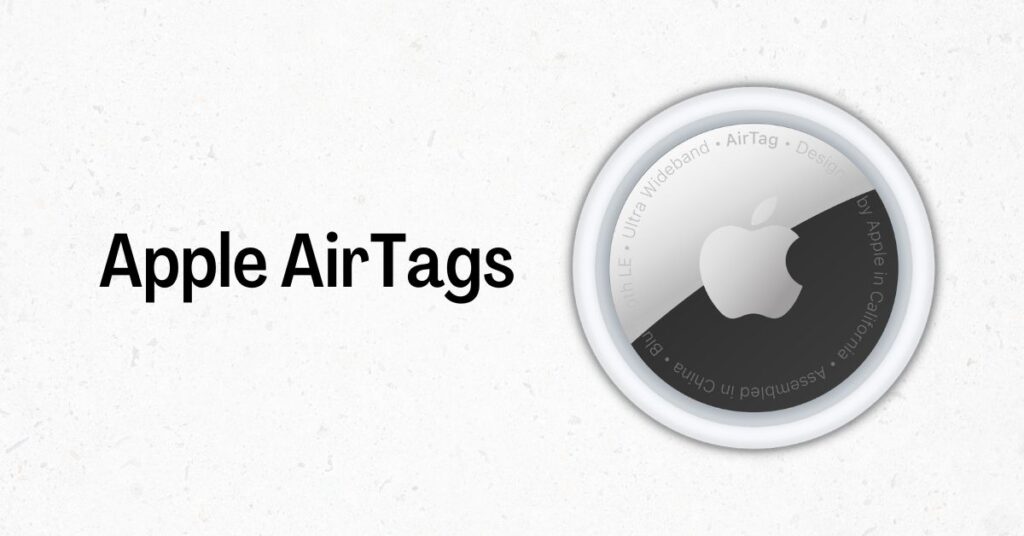No products in the cart.

Apple and Samsung, two of the industry’s top titans in the field of smart devices, have left their imprint on the world with their cutting-edge products and technologies. As fans have grown accustomed to anticipating Apple’s yearly announcements, the company has developed a culture around its product debuts. Unsurprisingly, they have a sizable clientele committed to buying their goods and continuously updating them.
One starts to ask which of the two operating systems is the better option when significant firms like Apple, Google, and Samsung compete by releasing models with lower pricing or more advantageous features, dividing people between iOS and Android. It is not surprising that Apple’s iOS is a significant factor in customers returning to the company, given Apple’s 56% market dominance in US smartphone sales.
How does iOS development work?

Mobile applications for Apple hardware, such as the iPhone, iPad, and iPod Touch, are called iOS development. Swift or Objective-C is used to create the software, which is then published to the App Store for people to download.
If you work as a mobile app developer, you might have had doubts about developing for iOS. For instance, every developer needs a Mac computer, which is generally more expensive than Windows-based computers. Your software must also pass a rigorous quality assessment procedure after it is finished development before being made available through the App Store.
Are you willing to dive into iOS development? The boot camp offered by Emonics Academy is extensive and all-encompassing! Here are ten reasons iOS is superior to Android now that you understand how iOS product works.
1. In general, iOS is quicker and smoother

Due to better integration provided by Apple’s closed environment, iPhones don’t require compelling specifications to compete with top-tier Android devices. Everything depends on how well hardware and software are optimized. Since Apple oversees the entire production process, it can ensure that resources are used more effectively. Additionally, developers must adhere to a stricter approach to deploying apps, and they are not required to optimize them for what may seem like an infinite number of devices.
This does not mean that every iOS device will perform better than every Android smartphone. Some Android phones are pretty powerful and function beautifully. However, iOS devices generally outperform most Android phones at similar price points in speed and smoothness. For instance, an iPhone 13 Mini, which starts at $699 MSRP, may function almost as well as the most advanced iPhone. Even the inexpensive iPhone SE performs admirably.
2. iOS is incredibly easy to utilize

Sometimes, the features we adore about Android turn others away from using it as a platform. Android can still be a bit perplexing, despite improvements made by Google and its allied manufacturers, particularly with Android 12. Not everyone enjoys dealing with arbitrary icon placements, countless settings, and complete personalization. Inconsistency among phone manufacturers also adds to the learning curve because most Android phones have unique looks and sensations.
One of the things iOS does perhaps better than Android is its simplicity, which is beloved by Apple users. The simplicity of iOS is one of its attractions. Many iPhone devotees dislike having to fiddle with and configure their phones. They seek a reliable, simple gadget that can quickly connect them to their desired content.
iOS gives you home screens with rows and columns of icons that you may arrange any way you like; however, there is no app drawer to conceal anything; everything is shown in front of you. Whatever Apple mobile device you use, the settings are simple, and the experience is consistent.
3. Consistent updates

One area where iOS excels over Android is software updates. If your iOS device is eligible for the most recent update, it will download it as soon as it becomes available. This may not be optimal for older smartphones that struggle to run more resource-intensive iOS versions. However, that is a different subject and only something to be concerned about if you own a much older Apple gadget.
Google’s Android ecosystem has a less seamless update process. Only its products receive direct updates from Google and occasionally encounter problems receiving updates effectively.
4. The Apple environment

Google has improved dramatically at integrating its services across devices over the last few years, making this a tie. Regardless, iCloud, iMessage, FaceTime, and other proprietary services are intimately intertwined with Apple products like iPhones, iPads, Apple TVs, Apple Watches, and Mac PCs. Although Google’s rival services are excellent, they require more effort and don’t feel as naturally integrated.
The Apple App Store is substantially better vetted and monitored than the Google Play Store. The lengthy and expensive process developers must go through to submit their apps to the App Store has improved the quality of iOS apps. The Apple App Store offers unique extra features like interviews, tutorials, improved app lists, and fewer adverts, in addition to being generally cleaner. Even though it is a walled garden, it is yet a secure, comfortable, and straightforward garden.
5. Safety

This subject isn’t as polarizing as it once was because Google’s security patches are becoming more regular. To keep your phones and information secure, Google has continued to protect the Google Play Store and add safeguards. Sandboxing, two-step authentication, Google Play Protect, further regulated app permissions, and other measures are examples of this. These improvements, together with informed consumers, resulting in a level of Android security that approaches that of iOS.
Although there is now disagreement about whether iOS is more secure than Android, the consensus still favors Apple. iOS offers stricter app stores, a controlled environment that is more difficult to get into, and more regular updates for all devices. Together, these elements make it more difficult for hackers to attack iOS users.
6. Apple CarPlay

Icons in Apple’s CarPlay are logically ordered. You can reorder these icons to make your preferred programs easier to access. Yes, it functions pretty similarly to iOS on a phone or tablet! Although some elements have been shifted, the overall experience has been dramatically improved.
On the other hand, despite occasionally utilizing some of the most powerful phones on the market, Android Auto’s performance appears to lag.
Even though Google Assistant outperforms Siri in almost every regard, I still prefer Apple’s in-car system. Apple CarPlay is more functional, easier to operate, and better looking.
7. Excellent assistance
In terms of tech customer service, Apple is at the top. Even though AppleCare is pricey, filing a claim for an iOS device is easy. You can frequently leave a local Apple Store with a brand-new device in less than an hour if you have one.
Although no firm is flawless, owning an iOS phone or tablet trumps the competition hands down if there is ever an issue. There’s no need to deal with carriers, hunt down odd customer care numbers, fill out online forms, send faxes, wait on hold for hours to speak to a machine, or wait weeks for maintenance or replacement. Visit the Apple Store in your area to take advantage of their outstanding customer support. Quite simple!
8. Value at resale
Although affordability is not precisely one of the advantages iOS has over Android, Apple has a competitive advantage over most of its mobile rivals. When compared to Android products, iPhones, iPads, and other Apple items often keep their value significantly better. This implies that when it comes time to move devices, you can sell them for greater money. And since Apple items are so well-liked, they typically sell considerably more quickly.
Let’s put things in perspective with some instances from the actual world. In September 2019, the iPhone 11 Pro Max went on sale for $1,099. It is currently selling in decent condition for $400 to $600. That would be between 36% and 55% of its initial cost. In August 2019, the Samsung Galaxy Note 10 Plus went on sale for $1,099. On eBay, it goes for between $250 and $350. This equals between 23% and 32% of the initial amount. A significant difference, no?
Do not forget that this is the best-case situation for Android. Another company that maintains its worth better than others in its class is Samsung. Apple has a far higher resale value advantage compared to other smaller Android manufacturers.
9. Apple AirTags

Another area where iOS outperformed Android is Bluetooth trackers. These tiny devices include tracking and location capabilities. Although similar gadgets have been released by Samsung, Tile, and other businesses, and you might even make the case that they are superior in some areas, Apple has a competitive advantage that no rival can match. Everywhere you travel, Apple’s network of devices has significantly more coverage.
The underlying issue is that just a few devices can track all of these trackers. Only Samsung products are compatible with Samsung Galaxy SmartTags. Only users who are using the app can find tile trackers. All Apple-branded devices can track Apple AirTags. However, this situation is different since Apple products are so widely used that any tracker is probably adjacent to an iPhone.
Additionally, iOS and Apple AirTags work together exceptionally well. It performs as a system function and doesn’t call for additional downloads or apps. It’s quick and straightforward to set up, and all you have to do is touch your iPhone on it to get it going. The best thing is that even though AirTags cost a little bit more than the competitors, the price difference isn’t huge, and the final product is still far superior.
10. Cashless transactions
Although the app is far more complicated and frequently not even pre-installed on Android phones, Google Pay still functions effectively. Even Google is no longer paying much attention to the service because it has fallen to the wayside.
All contactless payment methods function flawlessly, but Apple Pay is the most well-rounded choice. It performs flawlessly on all Apple-branded tablets, smartphones, and even wearables. Additionally, Apple Pay has more robust backing from banks and credit card providers worldwide, particularly the smaller ones who typically forego Google Pay and alternative options. Further, it’s accepted at more than 85% of US stores.
Additionally, Apple now supplies its credit card, which offers a few decent features. First, the Apple Card only functions with iOS, and you receive a 2% reward on Apple Pay purchases. Some users might hesitate before switching from their Apple Card to an Android device.
iPhones are a superior class
Due to Apple’s exceptional marketing, owning an Apple product exudes sheer elegance and sophistication. It has a unique feel that cannot be compared to a Samsung gadget because of its streamlined design, high-quality materials, and vibrant colors.
Choose Emonics Academy’s iOS Development Bootcamp to gain a head start in the development game! Our upcoming courses provide the tools you need to succeed in this multi-billion dollar industry!

